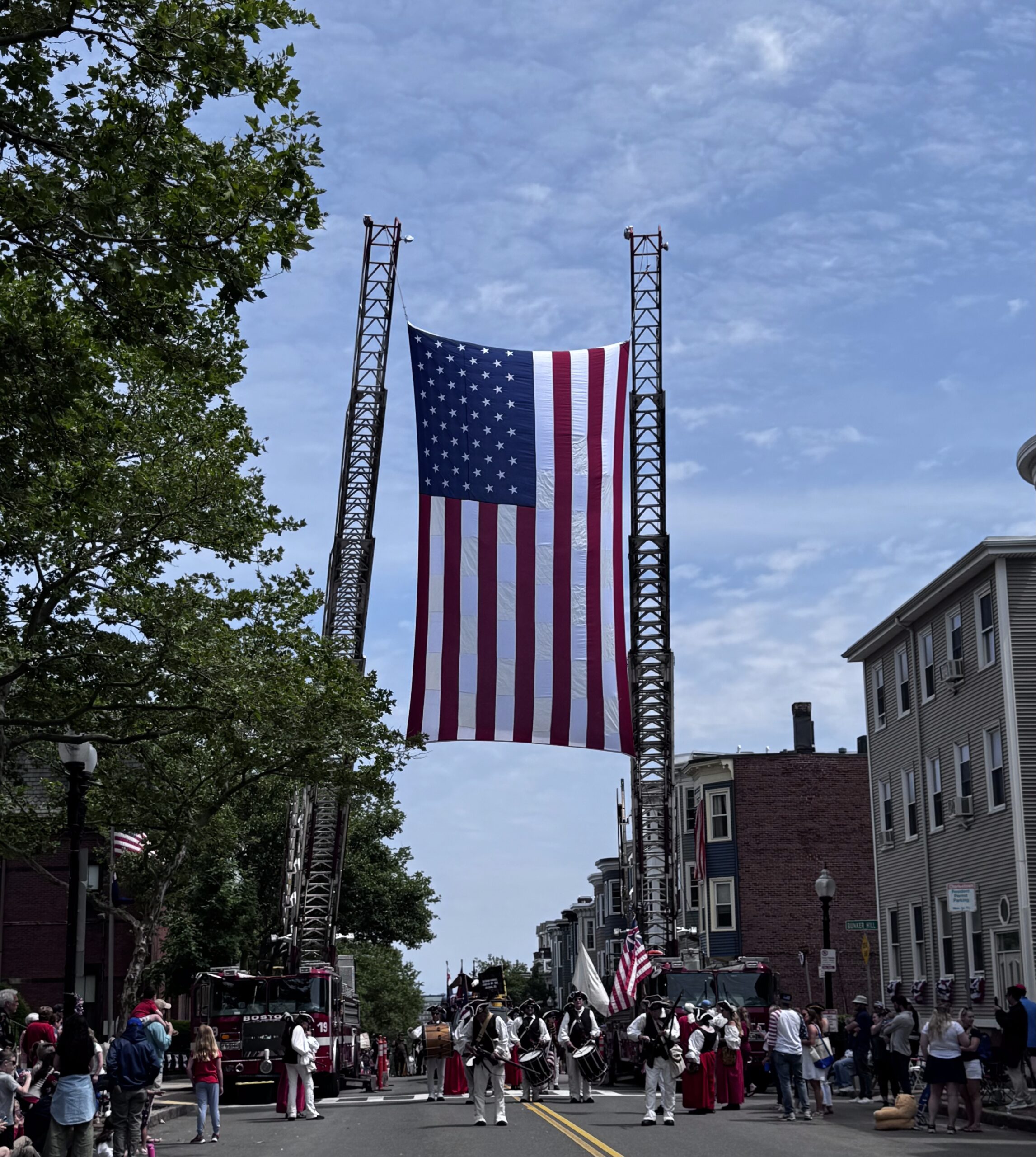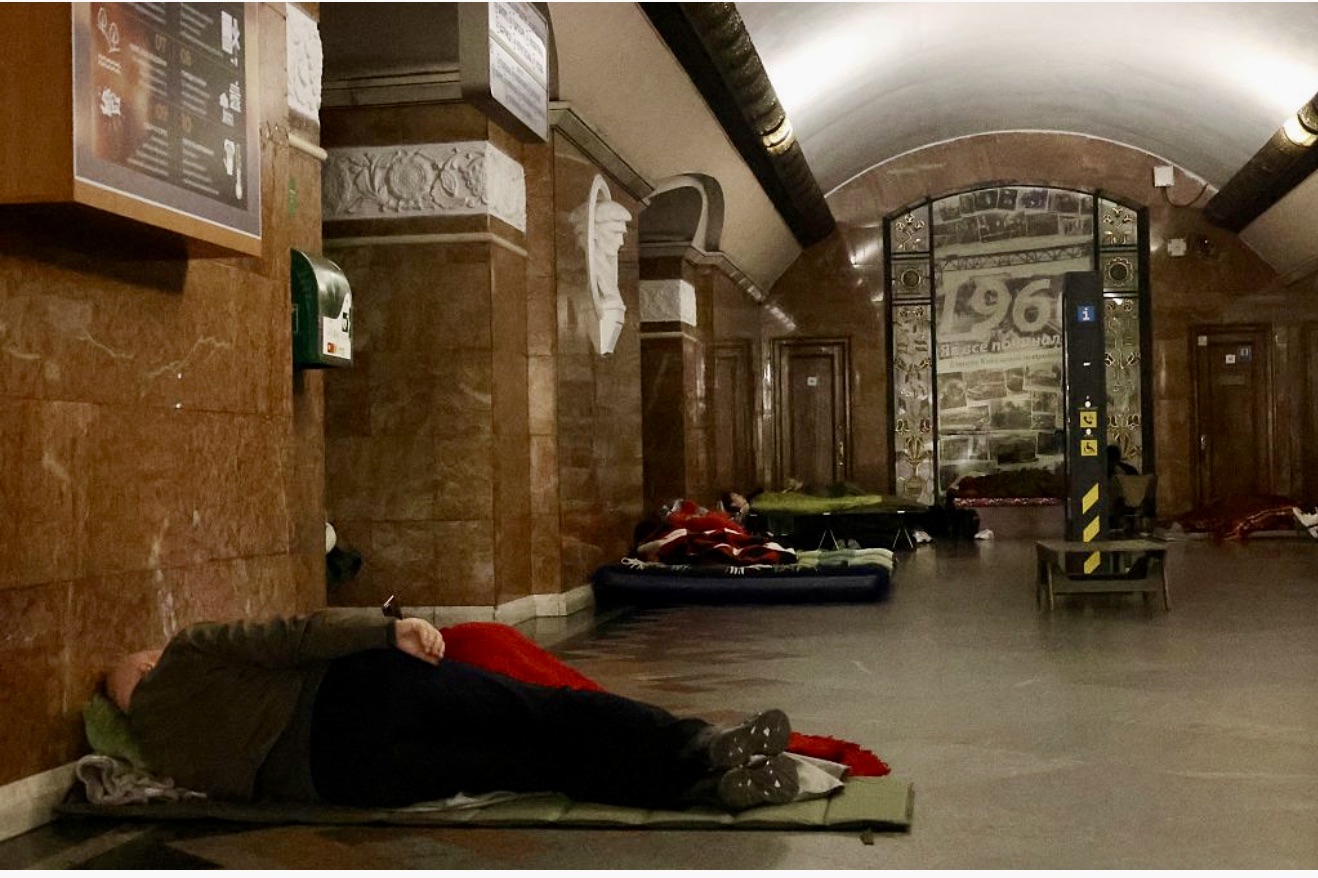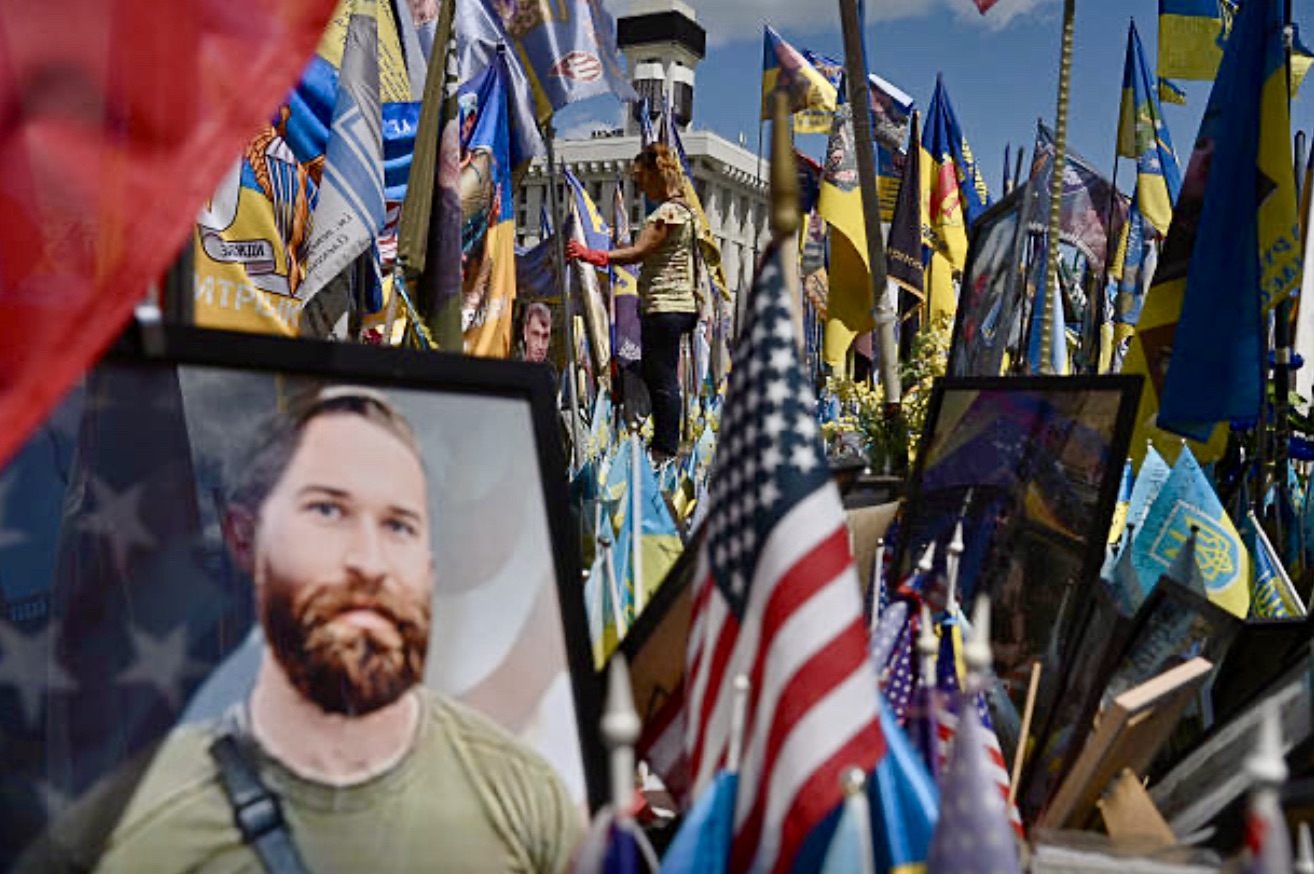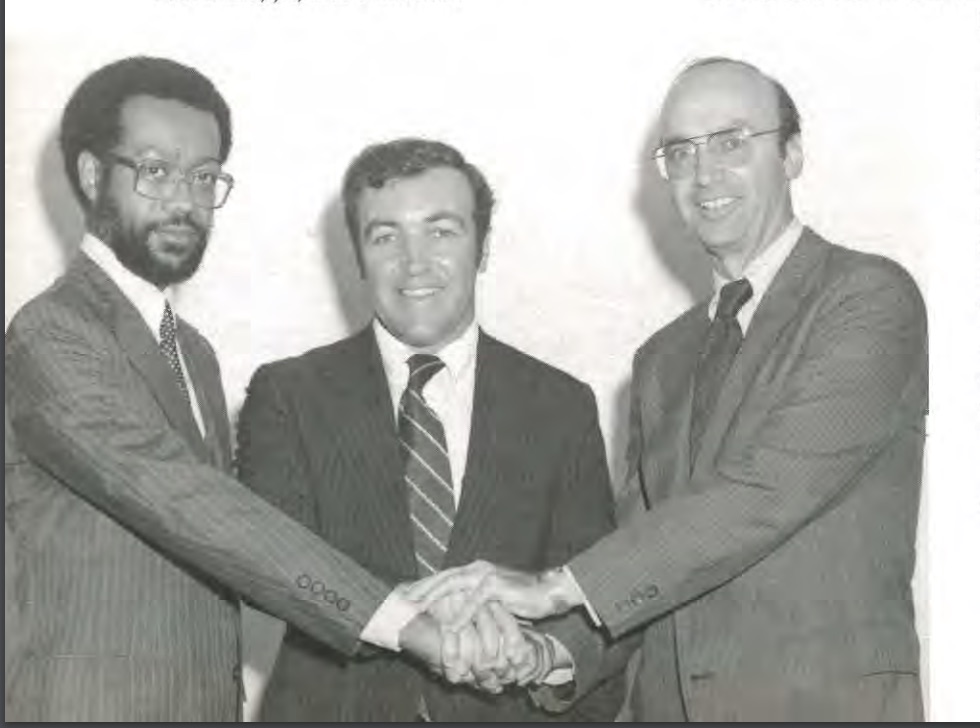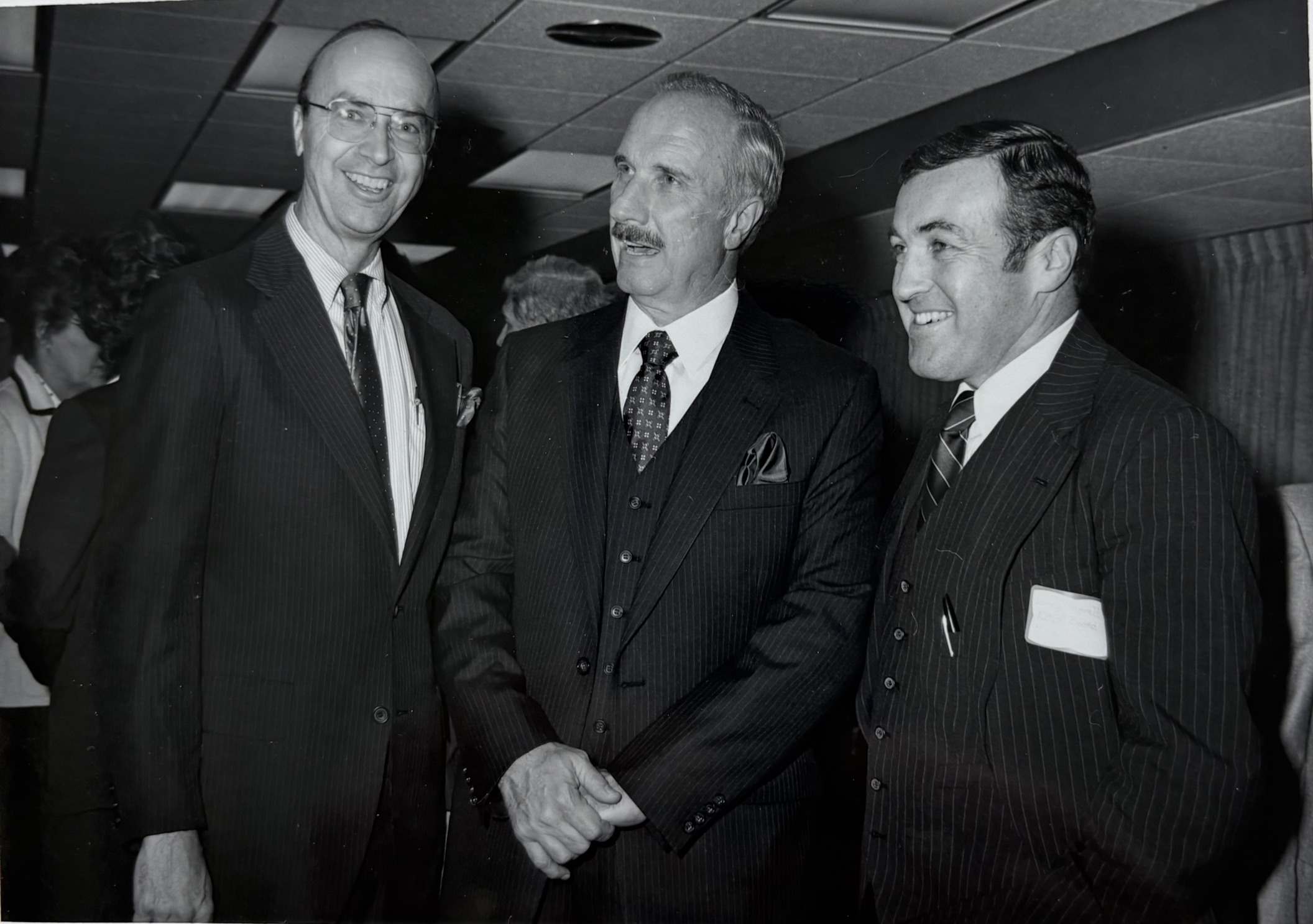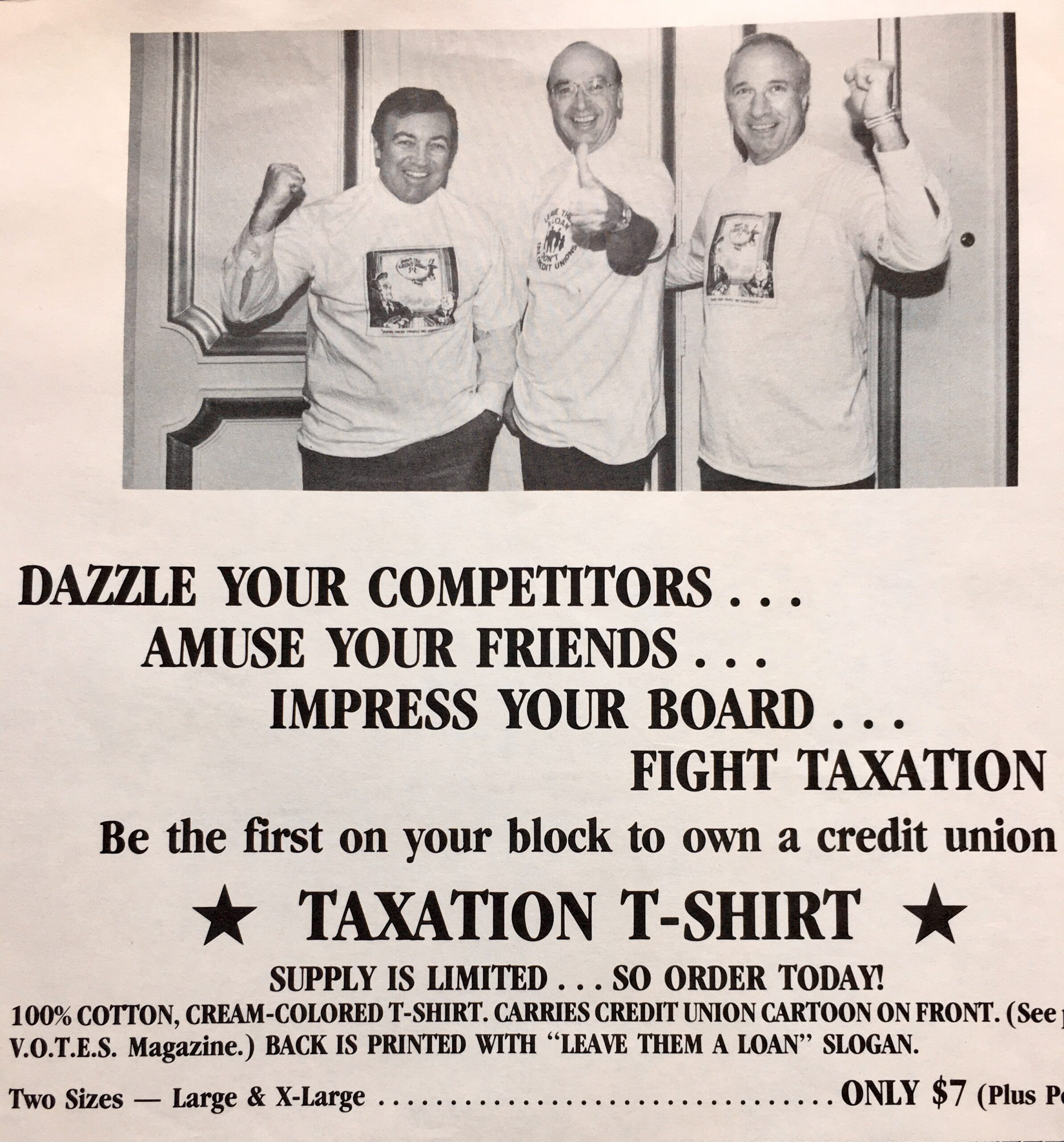A number of credit unions already partner with crypto exchanges enabling members to purchase and store crypto. More are considering the service. The fees can be attractive with apparently little risk.
But should this be a credit union endorsed activity? That is a question that arises in other contexts. For example other activities some might perceive as outside core purpose include supporting state authorized cannabis banking, interval vacation home ownership or various forms of legal betting.
Crypto issuance and lighter regulation are a priority for the Trump administration and for his family’s personal investing.
Yesterday substack columnist Jared Brock published his analysis of the pros and cons of crypto currencies. Following are excerpts from the article.
Can Bitcoin Save Us?
One model of currency creation is to let everyone privately create money and let the market decide.
This is where Bitcoin comes in.
Cryptocurrencies are pseudo-money built on a blockchain, which is a trustless, decentralized, encrypted digital spreadsheet.
Anyone can privately create one.
And boy, do they.
As of this morning, there are over 16,560,000 cryptocurrencies and tokens, with 57,335 new ones coming online just yesterday.
Nearly 100% of these are straight-up scams.
Allowed unbridled private money creation has all sorts of challenges:
- Obviously, it leads to a proliferation of fraud. Why would we want to put our young people, old people, unintelligent people, and vulnerable people at further risk of exploitation? . . .
- Market instability. It’s hard for people and businesses to plan and budget effectively when there are millions of currencies all whipsawing in price.
- Inequality. Rich people and rich corporations have more resources to create and promote their currencies, even if they’re inferior products. This further concentrates economic power and grows economic inequality.
- Transaction costs. Mastercard, Visa, Stripe, and the rest of the payments processing ilk already rob a huge percentage of our money, not unlike the moneychangers that Jesus drove out of the temple. With tens of millions of currencies in circulation, virtually every purchase would require several currency exchanges.
- Monetary policy. When all money is created privately, democracies lose the ability to direct the economy toward national goals and objectives like ending poverty.
- Currency wars. When there are millions of currencies fighting for customers, it incentivizes all of them to undermine and devalue their competitors to gain an advantage.
You don’t have to believe me.
You can just look at history.
America used to do private money creation.
At one point, nearly every city in America had its own city bank that issued its own currency.
Each value of each bank’s money was based on its reputation and financial stability.
It was the Wild West, and it led to endless bank runs, millions of bankruptcies, untold suicides, and the creation of the fraudulent, quasi-government (but actually private) money monster called the Federal Reserve.
Can you hear the Bitcoiners howling?
“Yeah, but Bitcoin has a limited supply!”
Right.
Bitcoiners have an autistic obsession with the fact that Bitcoin has a limited supply.
“Only” 2.1 quadrillion satoshis will ever exist.
My note: this is where I do not understand Brock’s logic. This is the stated limit for bitcoin creation- 21 million. Is he speculating about infinite computer creation?)
How very impressive.
That’s 2,100 trillion.
That’s 2.1 million billions.
That’s 2.1 billion millions.
That’s more than 10 times all the money currently in existence.
So let me get this straight — you hate U.S. bankers for creating $21.86 trillion out of thin air… but you’re okay when someone else creates 96Xs more money out of thin air? Are you demented?
Bitcoiners insist they’re different, but it’s actually just more of the same — economic injustice and exploitation for all. . .
And what are all these Bitcoiners doing with all their hoarded Bitcoin?
They’re just hoarding it.
They’re lending it out on decentralized finance platforms for interest.
Millions of Bitcoiners have zero plans to ever sell or spend a single Bitcoin. The plan is to lock it in digital vaults as a reserve currency, then create digital Bitcoin-backed tokens that they can lend at interest.
In other words, they want to be the new central banksters, the new monopolistic overlords of finance who decide who gains access to money and who gets shut out. . .That’s the problem with all these Bitcoin-worshippers.
They still love money; they just call it by a different name. . .
Obviously, everything has costs and benefits.
I’m not against Bitcoin. . .
I’m against monopolization. I’m for sharing.
And frankly, millions of Bitcoiners are far-right libertarian rules-free-market hyper-individualist sociopaths. I wouldn’t want to be forced into using a single currency on their terms any more than on central bankster terms. . .
Thus, why I prefer sovereign money — democratic, accountable, safeguarded, fair, just, non-exploitative, accessible, nation-building currency.
I want honest money.
What do you think? Is this a valid analysis for credit union’s contemplating facilitating crypto purchases?



